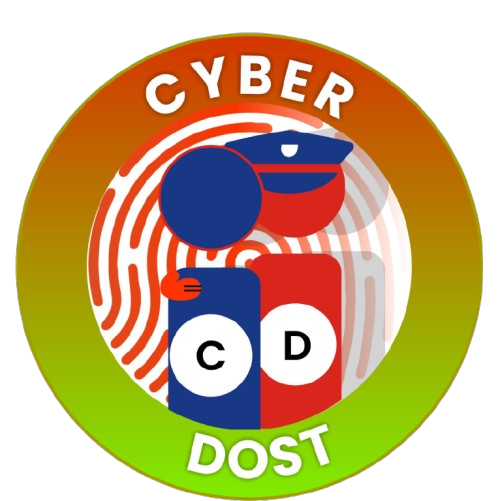CLDP is focused on building self-awareness and leadership competencies of the government school principals along with a safe space for problem solving, learning from peers and integrating all major govt initiatives.
The program is implemented through day-long sessions that are conducted once every month. The intention is for its evolution from being a ‘program’ to being a continuous process for growth for principals.
Approach for Cluster sessions
The Creatnet way has emerged through a continuous, conscious practice of enabling learning for leaders in business and education. It integrates leadership and learning – inside and outside. It is a journey experienced as a progressive growth in creation, connection, and self-awareness. It operates at the level of individual, collective, and systems.
There are three interrelated elements in the Creatnet way:

1. Group Learning
All programs and sessions are designed to be facilitated in small groups. Participants can listen to each other, experience different perspectives, and learn from a context that is not their own.
Peer learning as an effective process of learning is equally important across students as it is across adults. In many ways, adult peer learning groups are critical to catalyse student peer learning based pedagogies in class rooms. Andragogy, the adult learning process, is deeply rooted in peer learning that is contextual to the needs of the adults in the group. Coupling the peer learning groups with classroom and school observation (in the context of teachers and principals) adds to a grounded learning process which is linked to the direct working space of the stakeholder.
Principals are grouped into district-wise clusters consisting of 10-12 participants with a principal facilitator.
2. Metaframework
The Meta Frameworks enable thinking about thinking. Through a portal of questions that offers an inquiry, one creates knowledge by inquiring in context and making connections. Sessions are focused on building competencies of principals across the following areas:
a) Leadership - Self awareness and expansion
- Responsibility
- Influence- Trust
- Values
- Vision
- Change and learning to learn
b) School Leader Competencies
- Lead partnerships: Shaping a shared vision, aligning with stakeholders
- Build and lead teams: Learning to work together
- Transform teaching learning culture - Developing teacher leadership and competencies
- Lead innovations: Influencing school culture and environment, understanding global context and trends
- Lead school administration: learning to manage school and its learning, goals, plan-do-check, translating vision into objectives, measures, monitoring, progress and accountability
c) Translating Systemic Educational Vision by integrating govt initiatives into purpose driven work in schools
- Understanding and translating the vision of Right to Education
- Translating National Curriculum framework within our schools
- Understanding and translating the vision of NEP- connecting education to life
Components of Session Structure and intended learning outcomes
| Session Elements | Learning Outcomes |
| Reflection on previous month learning | Reflection and sharing practices and implementation of learning in school along with challenges |
| Leadership learning | Developing self, building school leadership competencies |
| Teacher interaction and school observation | A space for sharing/learning best classroom practices and give and receive feedback |
| Learning and Integration of govt schemes | Build deeper understanding of schemes and find support to integrate it in school |
| Technology learning | To enable school leadership to be in pace with technological global trends |
3. Facilitation
Facilitators are practitioners who practice what they enable. They hold the space for inquiry and enable practice for others using the metaframeworks. The facilitators provide the listening, manage the learning process, and enable inquiry and synthesis.
Facilitator development is a voluntary program with the aim of developing effective facilitators to conduct learning circles
- Principal Learning Circles are conducted by a facilitator, who is in turn developed by a Facilitator Developer, through day long sessions every month and a summer intensive.
- The facilitators are usually existing Principals, retired Principals, administrators in department of education, or educationists with experience of government schools
- This makes the program independent of third parties for sustainability as well as developing capacity of people that can be used across system needs.
- Facilitator development focuses on the following core competencies
- -Building self-awareness through reflection of individual strengths, weaknesses, and biases; practice of self-observation (silence)
- -Group awareness through group management
- -Ability to listen to all the participants of the group
- -Ability to question thoughts and opinions and aid participants to question themselves
- -Ability to synthesize learning for the group


 State Council of Educational Research and Training (SCERT)
State Council of Educational Research and Training (SCERT) 


